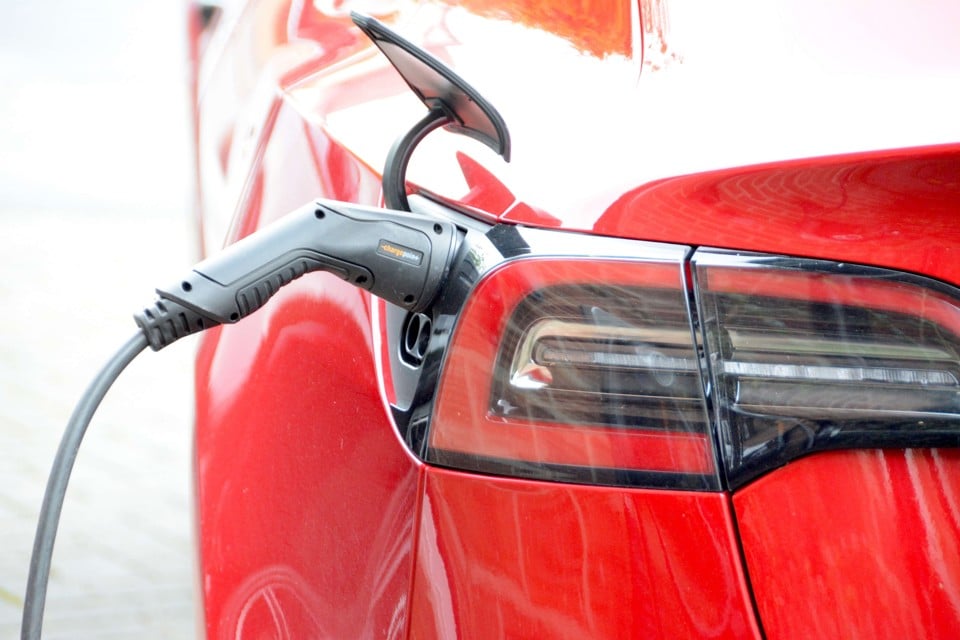New research has highlighted how temperature and state of charge (SoC) impacts the degradation of lithium-ion (li-ion) batteries used in electric vehicles (EVs).
The research by Altelium, an EV battery warranty provider, investigated calendar degradation of li-ion batteries - which is caused by chemical deterioration of batteries when they are not in use, especially when parked.
The data found the ideal conditions for improving overall battery life is charging the battery once it hits the 10% level and recharge to 80%, instead of allowing the battery to drain to empty or zero and recharging to 100%.
The research also highlighted that high-level SoC between 70-80% as the ‘worst’ position in which a car should be left parked at, as it could cause greater calendar ageing.
EV batteries stored at 70-80% could lose up to four to eight per cent of capacity to hold charge at the end of one year, when compared to the ‘best condition’ observed - when the battery is completely discharged, the research found.
Dr. Alana Zülke, lead research author and member of the battery research team at Altelium, said: “What happens if you are a very conservative driver, who prefers to daily top up your car battery, so it stands at an 80% overnight, always ensuring that you always have maximum energy reserve ready to use?
“Although four to eight per cent may not sound that much, you have to remember that current li-ion batteries on the market used in EVs are deemed to need replacing when their ability to hold charge drops by as little as twenty or thirty per cent. In this scenario, 8% becomes a pivotal margin.
“When batteries reduce their capacity by 20 or 30%, they can be repurposed to second-life applications such as battery energy storage system (BESS).
“The previous history of these batteries, including calendar ageing, will impact their second-life performance.”
The research also found that reducing the temperature experienced by the battery from 40 to 25 degrees celsius can almost double the overall lifetime of the battery.
Video: How self-discharge can alleviate capacity loss during calendar ageing of charged cells
Alteium said the research provides EV drivers the information to help them make ‘more informed’ choices on what vehicle add-ons to opt for, such as ensuring the use of a thermal management system, and which strategies could impact the value of their car battery.
Zülke said: “Calendar ageing dominates electric vehicle battery degradation when parked– in the UK, a car will spend on average more than 95% of its time parked. To improve the lifecycle of batteries, it is vital to define the optimal conditions to reduce such degradation.
“Our research is another important step in quantifying the impact of working and environmental conditions on battery state-of-health. By doing so, we can predict battery life cycles and develop strategies to prolong their usefulness more accurately.
“Ultimately this data will not only inform EV battery and Battery Management Systems (BMS) design, but also has further applications for the industry.
“Information about battery degradation will inform risk calculations for EV battery-related insurance and warranty products and further still, help to consider the value of second-hand cars and second-life batteries.”
Alteium said the team conducted a series of experiments using commercial high-energy 21700 lithium-ion battery cells (NCA|Gr-Si) under eight state of charge levels (0%, 20%, 40%,60%, 70%, 80%, 90% and 100% state of charge) and three temperature values (25°C, 40°C and 50°C) to measure the effects of degradation.
Read the Fleet News feature on making your EV battery last longer.
The full research paper is available on the Chemistry Europe website.























Login to comment
Comments
No comments have been made yet.